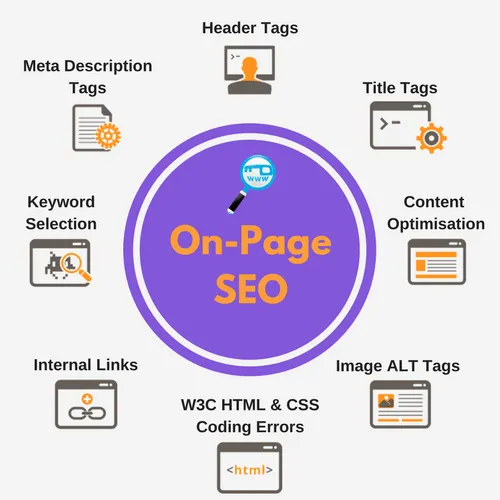The Ultimate Guide to Mobile App Development | Everything You Need to Know
Mobile app development has transformed how we interact with technology. With the ever-increasing use of smartphones and tablets, the demand for innovative and user-friendly mobile applications has skyrocketed. Whether you’re a seasoned developer or just starting your journey, this guide will provide you with valuable insights into the world of mobile app development.

Understanding Mobile App Development
The process of developing software programs specifically built to run on mobile devices such as smartphones and tablets is known as mobile app analytics. These apps can be developed for various platforms, including iOS (Apple), Android (Google), and even cross-platform solutions like React Native.
Key Aspects of Native App Development
Choosing the Right Platform: The first step in the app development process is selecting the platform(s) you want to target. Each platform’s programming languages and development tools are unique. For instance, iOS apps are typically written in Swift or Objective-C, while Android apps use Java or Kotlin.
Design and User Experience of Mobile App Development
A user-friendly and visually appealing design is crucial for the success of your mobile app. Consider the user’s journey and create an intuitive interface that enhances the overall experience.
Development Tools
Developers rely on a wide range of tools and frameworks to streamline the development process. Popular options include Android Studio, Xcode, and various cross-platform frameworks like Flutter and Xamarin.
Must Read About WordPress Web Development Mastery: Your Ultimate Guide
Trends in Mobile App Development
Staying up-to-date with the latest trends in user experience design is essential for success. Here are a few current trends:
5G Integration
The rollout of 5G networks has opened up new possibilities for mobile app development, enabling faster data transfer and lower latency. This technology is ideal for applications that require real-time communication or high-quality media streaming.
AI and Machine Learning
Integrating artificial intelligence and machine learning into mobile apps can provide personalized experiences, predictive analytics, and enhanced security.
IoT Integration
The Internet of Things (IoT) is a rapidly growing field that allows mobile apps to connect and control smart devices, making our lives more convenient and efficient.
Augmented (AR) and virtual (VR) reality
AR and VR technologies are changing the way we interact with mobile apps, offering immersive experiences in gaming, education, and more.
Mobile App Development Best Practices
Developing a successful mobile app requires adhering to best practices:
User-Centered Design
Prioritize user needs and preferences throughout the design and development process. Conduct user testing to collect input and make necessary changes.
Performance Optimization
Ensure that your app runs smoothly and efficiently. Optimize images, minimize code, and use caching to reduce load times.
Security
Protect user data and sensitive information by implementing robust security measures. Update your app regularly to repair vulnerabilities.
Testing and QA
Thoroughly test your app on different devices and screen sizes to ensure compatibility and reliability. Fix bugs and issues promptly.
Conclusion
It is an ever-evolving field, and staying informed about the latest trends and best practices is essential for success. Whether you’re a seasoned developer or a newcomer, this comprehensive guide provides valuable insights into the world of mobile app development. Embrace innovation, prioritize user experience, and create apps that make a meaningful impact in the mobile-driven world we live in today.






